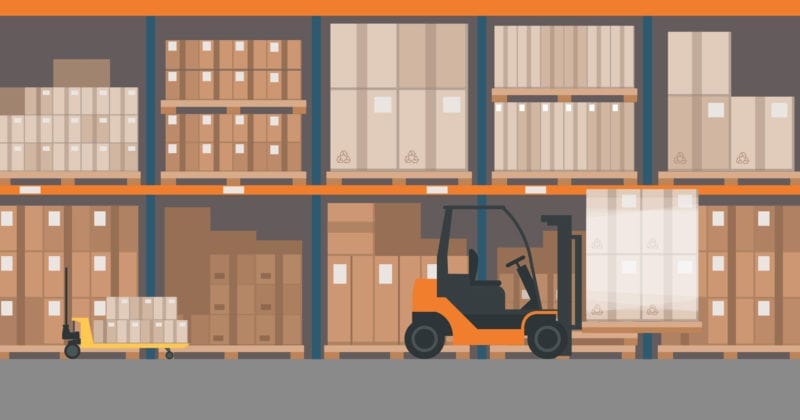Bonded warehouse

A bonded warehouse is a place where goods are kept before customs duties and taxes are paid.
These government- or privately-owned warehouses offer companies a secure place to store items intended for export while they, for instance, wait for a buyer.
Such facilities are playing an increasingly important role in the supply chain, given the rapid growth of cross-border e-commerce. The cross-border market is expected to grow by about 25 percent annually until 2020 to hit US$900 billion (€795.23 billion) in gross merchandise.
Companies that conduct overseas businesses sometimes choose to store frequently purchased goods in bonded warehouses where they will not incur customs duties. This allows them to manage their cash flow better and meet demand during peak periods without delay.
Customers, for their part, benefit by being able to buy directly from merchants around the world instead of through agencies, or directly from overseas websites in foreign currencies.
However, there are laws governing these warehouses.
These bonded goods are to be kept only for a defined period, which can occasionally stretch to four years or longer. If the duties and taxes are not paid in full within that time window, the shipment will be confiscated and dealt with according to the laws of that country.
For instance, in the United States, bonded warehouses cannot be used to store perishables and explosives, and bonded merchandise must be kept separate from goods produced locally.
The merchandise must also be inventoried, with the proprietor’s records audited regularly.






 English
English